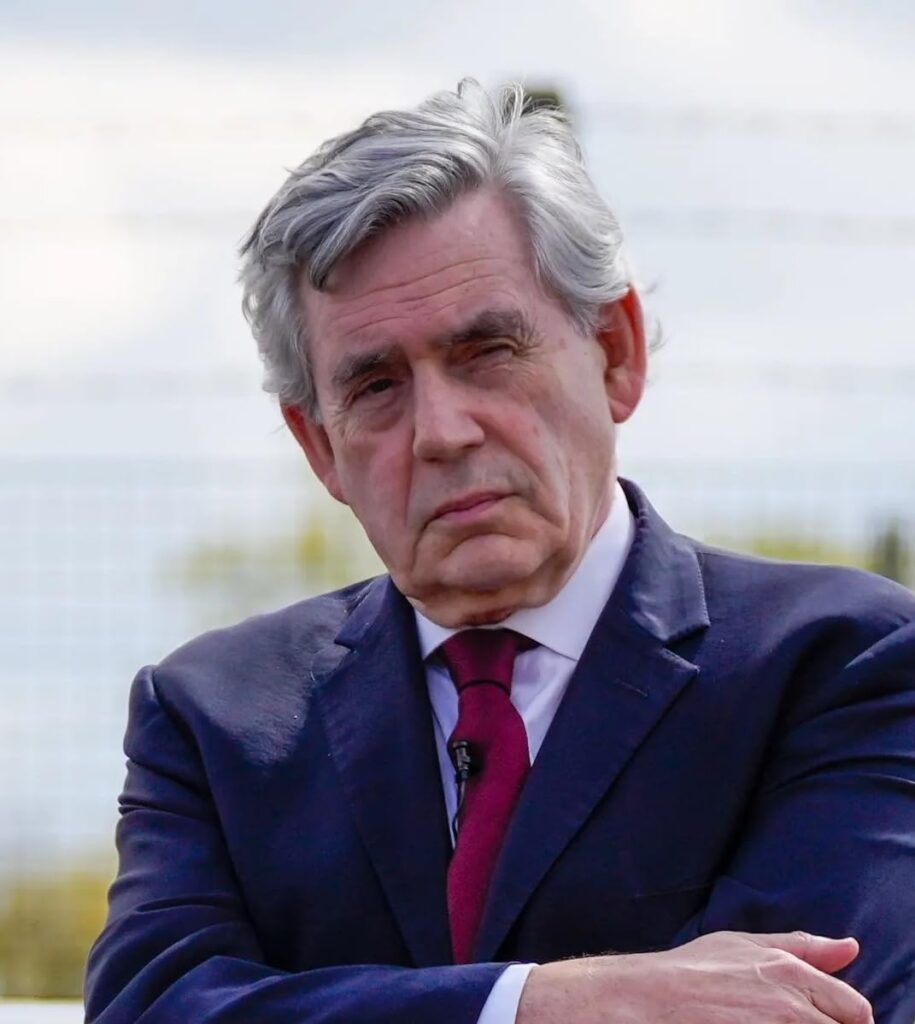MAiD / Euthanasia
Former Labour PM Gordon Brown warns against legalizing assisted suicide
Prominent UK leaders are stepping forward every week to warn Parliament against legalizing assisted suicide. On November 20, Labour MP Dianne Abbott and Conservative MP Edward Leigh—the longest serving parliamentarians and thus the “mother” and “father” of the House—published a joint editorial in the Guardian titled “Our politics could not be more different – but we’re united against this dangerous assisted dying bill.” In it they legislators to reject assisted suicide.
“Evidence from elsewhere suggests those most at risk when assisted suicide is legalized are vulnerable minorities,” they wrote. “Such people, unlike privileged elites who are used to exercising autonomy over every part of their lives and who can afford good-quality social and palliative care, are most likely to resign themselves to an assisted death against their will because they are unable to access the support they require.”
Gordon Brown, who served as prime minister and leader of the Labour Party from 2007 to 2010, yesterday announced his opposition to assisted suicide in a Guardian editorial. Brown movingly recalled the death of his newborn baby daughter Jennifer in January 2002:
Jennifer, the baby daughter my wife Sarah brought into the world a few days after Christmas 2001, died after only 11 days. By day four, when the extent of her brain haemorrhage had been diagnosed, we were fully aware that all hope was gone and that she had no chance of survival. We could only sit with her, hold her tiny hand and be there for her as life ebbed away. She died in our arms. But those days we spent with her remain among the most precious days of my and Sarah’s lives. The experience of sitting with a fatally ill baby girl did not convince me of the case for assisted dying; it convinced me of the value and imperative of good end-of-life care.
While some of those advocating for assisted suicide are doing so for compassionate reasons, Brown emphasized, there are other considerations, such as “how best to strike the balance between the freedom to do as you desire and the kind of society we want to be and for many, it is about the sanctity of human life itself; and whether the choice is really between dying in agony or dying with assistance. For in my view, assisted dying is not the only option available, nor even a good option when set against the palliative support that could be available in ensuring a good death.”
Additionally, Brown pinpoints some of the key problems with the proposed legislation itself:
[T]he proposed new law has downsides left unresolved by the suggested model of two doctors and a high court judge, not least insufficient protection against pressures, however subtle, on frail and vulnerable people who may feel their lives have become burdensome to others. Already a staggering 375,000 people over 60 in England and Wales are estimated to be victims of abuse every year, and as Dutch ethicist Professor Theo Boer – who changed his position after reviewing thousands of cases – has found, many do feel under pressure to “make way”. An assisted dying law, however well intended, would alter society’s attitude towards elderly, seriously ill and disabled people, even if only subliminally, and I also fear the caring professions would lose something irreplaceable – their position as exclusively caregivers. Add to that the slippery slope with lawmakers, undoubtedly out of compassion, finding the erosion of safeguards and the extension of eligibility hard to resist.
Brown observed that genuine end-of-life care is in short supply, with over 100,000 people with terminal or “life-limiting conditions” dying in the UK each year without receiving the specialist care they need—the UK only has 200 hospices, and only a third of the costs are borne by the NHS. It is for the reason, Brown noted, that “more than half the country is not confident that the government will be able to pay for their end-of-life care, while 51% think assisted dying will inevitably discriminate against those who cannot afford end-of-life support.”
Consequently, 70% of the public wants the government to prioritize “social-end-of-life care before thinking about assisted dying.” Brown agrees. I pray that enough parliamentarians agree with him to make a difference.








